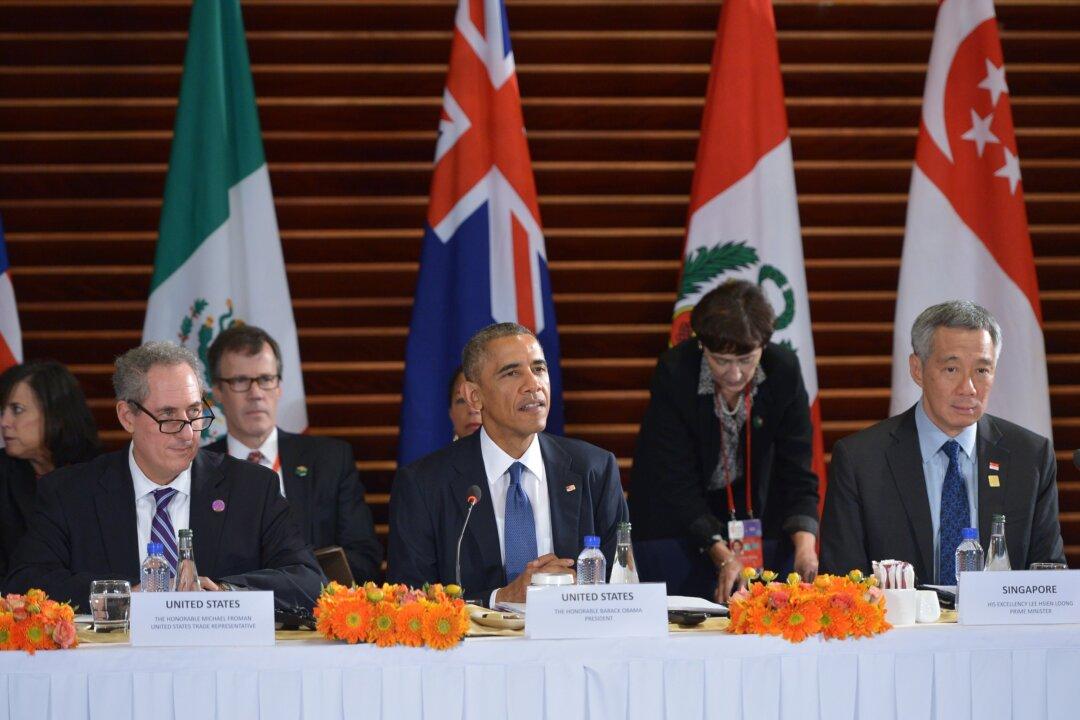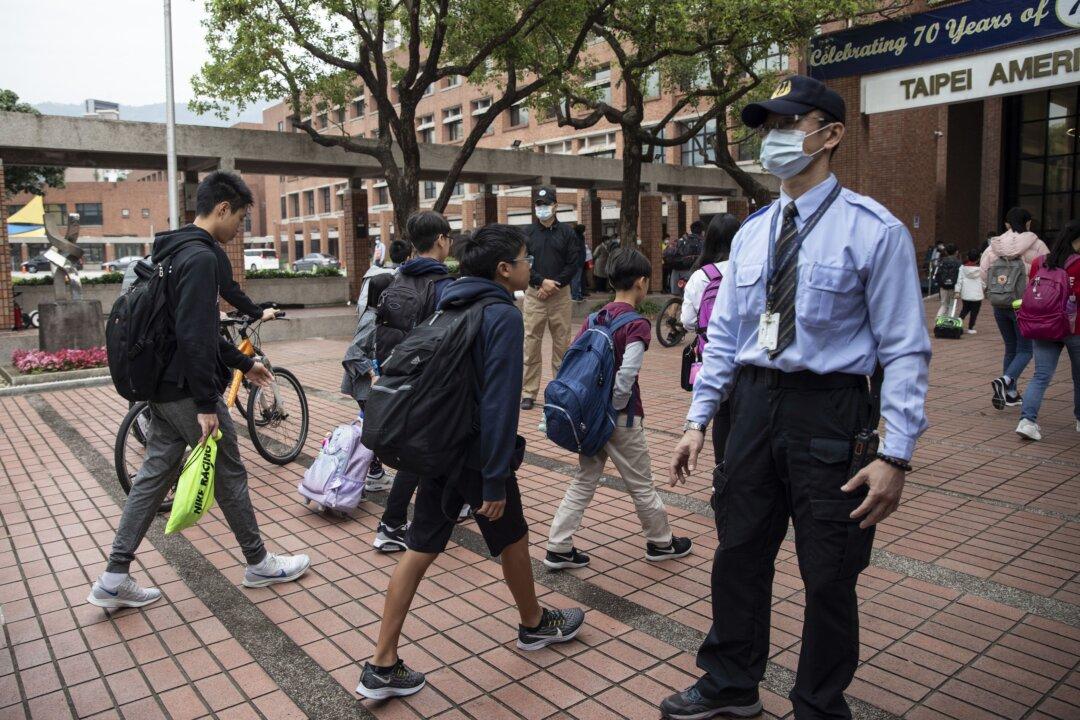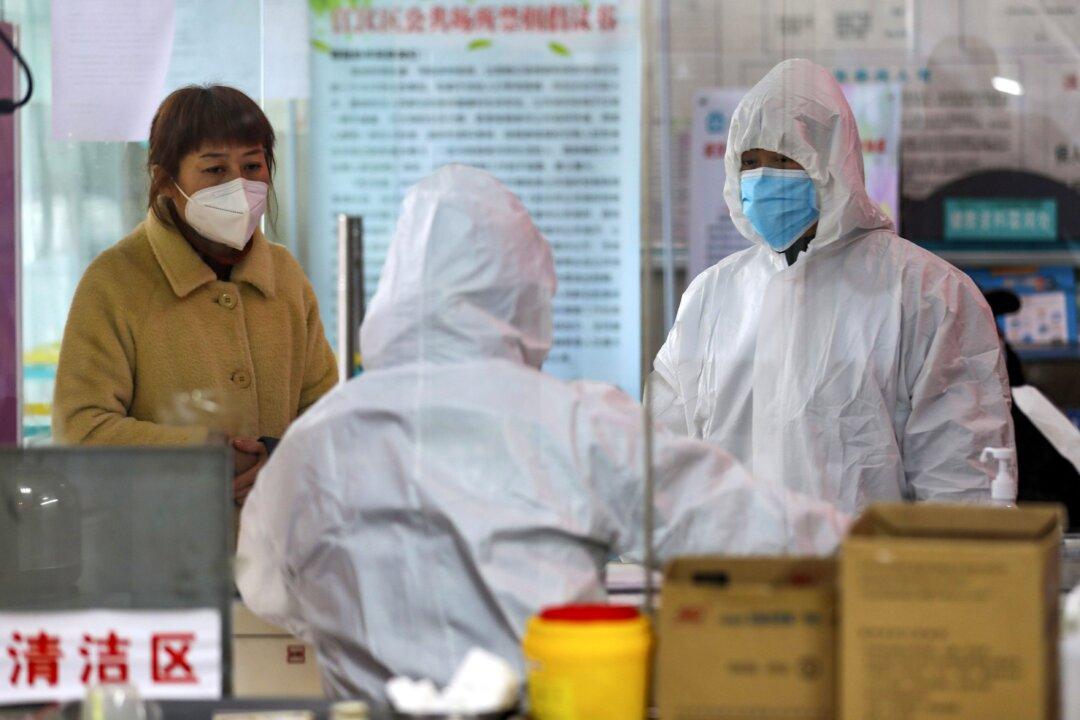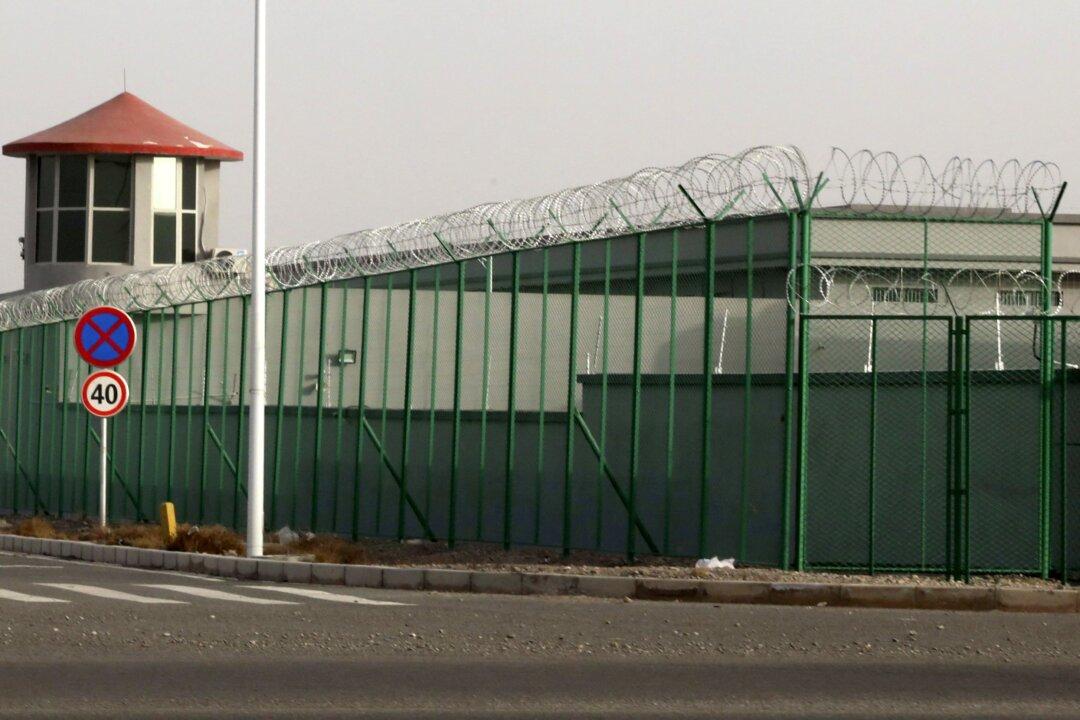If negotiations are completed successfully and ratified by the dozen Pacific countries involved, is the Trans-Pacific Partnership (TPP) likely to create more jobs and economic activity for participants? The Peterson Institute for International Economics in Washington contends that it will, estimating that the TPP will enlarge the economies of the 12 by $285 billion by 2025.
American, Japanese, and Mexican advocates for the TPP assert that for the nations coming under its umbrella it will lower trade barriers like tariffs, establish more vigorous protection for intellectual property, and institute a dispute settlement mechanism for investors. The TPP will also include local-content rules, which have largely replaced tariffs as the major impediment to the flow of goods over borders, and support for agriculture. Defenders say it will offer new trade opportunities for services, natural resources, and products in booming Asia.





